Americans’ faith in institutions—from banks to Congress to the media—is near its lowest point in three decades, so we asked professionals in the most respected fields what they do to earn people’s confidence.

TRUST IS A RARE COMMODITY THESE DAYS, which is all the more reason to celebrate it. Forty years ago, Gallup began asking Americans which professions they consider to be the most honest and ethical. Health-care workers dominated the 2016 list—nurses have been number one for the past 15 years—but the top eight (listed here in order) include some surprises. To get a sense of why these professions have retained the public’s confidence, we asked individuals in these top-rated fields what they do to establish trust with the people they serve. Maybe the rest of us can learn from their examples.
NURSES
Rich Bluni Age: 49 Orlando, Florida
I became a nurse because of my dad. He was diagnosed with cancer, and I just saw with my own eyes the people who made the most difference: They comforted him, caught mistakes, and helped ease his pain. I wanted to be a part of that.
Trust in nursing is almost on a spiritual level. The people we care for are the most frightened and most vulnerable. They trust that you will give everything you have and that you will be there for them physically, mentally, emotionally, and spiritually.
A parent of a child I was taking care of on and off for several months came up to me when I was clocking in one day. She said she had requested that I take care of her son that night. I said of course, and I looked at her and could tell something was wrong. When I asked her, she told me he was going to die that night and she wanted me to be present for them.
That night, she held his right hand and I held his left. She insisted I stay until he left. She told me he loved me. It was such a sacred moment, that this mother thought of me not only as a caregiver and a nurse but also as someone she trusted so much that she wanted me to be there with her and her son when he took his last breath. I don’t think you could feel more trusted than that.
Denne historien er fra June 2017-utgaven av Reader's Digest US.
Start din 7-dagers gratis prøveperiode på Magzter GOLD for å få tilgang til tusenvis av utvalgte premiumhistorier og 9000+ magasiner og aviser.
Allerede abonnent ? Logg på
Denne historien er fra June 2017-utgaven av Reader's Digest US.
Start din 7-dagers gratis prøveperiode på Magzter GOLD for å få tilgang til tusenvis av utvalgte premiumhistorier og 9000+ magasiner og aviser.
Allerede abonnent? Logg på
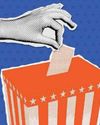
Election Day Memories - Stories about voting by the people, for the people
A Convincing Argument When my boyfriend and I were finally old enough to vote in our first presidential election, we spent months debating with one another about our chosen candidates. We were quite persuasive, as we discovered when we got home from the polls and learned that we'd both voted for the other's initial choice.―SHERRY FOX Appleton, WI
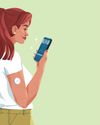
A New Way to Monitor Blood Sugar
Who can benefit from this wearable technology
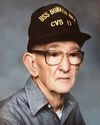
A Flag for Dad
An old sailor made a last wish. His son was determined to see that it came true.
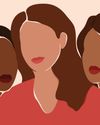
Sisterhood to Last a Lifetime
These college pals teach a master class in how to maintain a friendship for 50-plus years
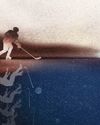
...TO DIE ON A HOCKEY RINK
ONE MINUTE I WAS PLAYING IN MY BEER LEAGUE, THE NEXT I WAS IN THE HOSPITAL
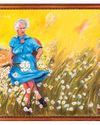
Yes, There's a Museum for That!
These collections are wacky, wonderful and worth a visit
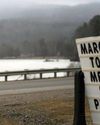
Town Meeting Is Called!
Once a year, the people of Elmore, Vermont, gather to practice a cherished right: democracy
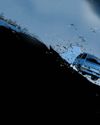
Just Tight
Broken, battered and trapped in a ravine for days, a desperate driver wonders, \"Will anyone find me?\"
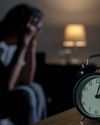
WHY OUR BODIES DON'T DIG DAYLIGHT SAVING TIME
Twice a year, when we spring ahead and fall back, we're more prone to sleepiness, depression and accidents
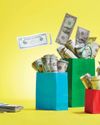
MONEYSAVING DO'S AND DON'TS
The run-up to the holidays doesn't have to bah-humbug your budget. A shopping expert shares strategies for saving big now and all year round.